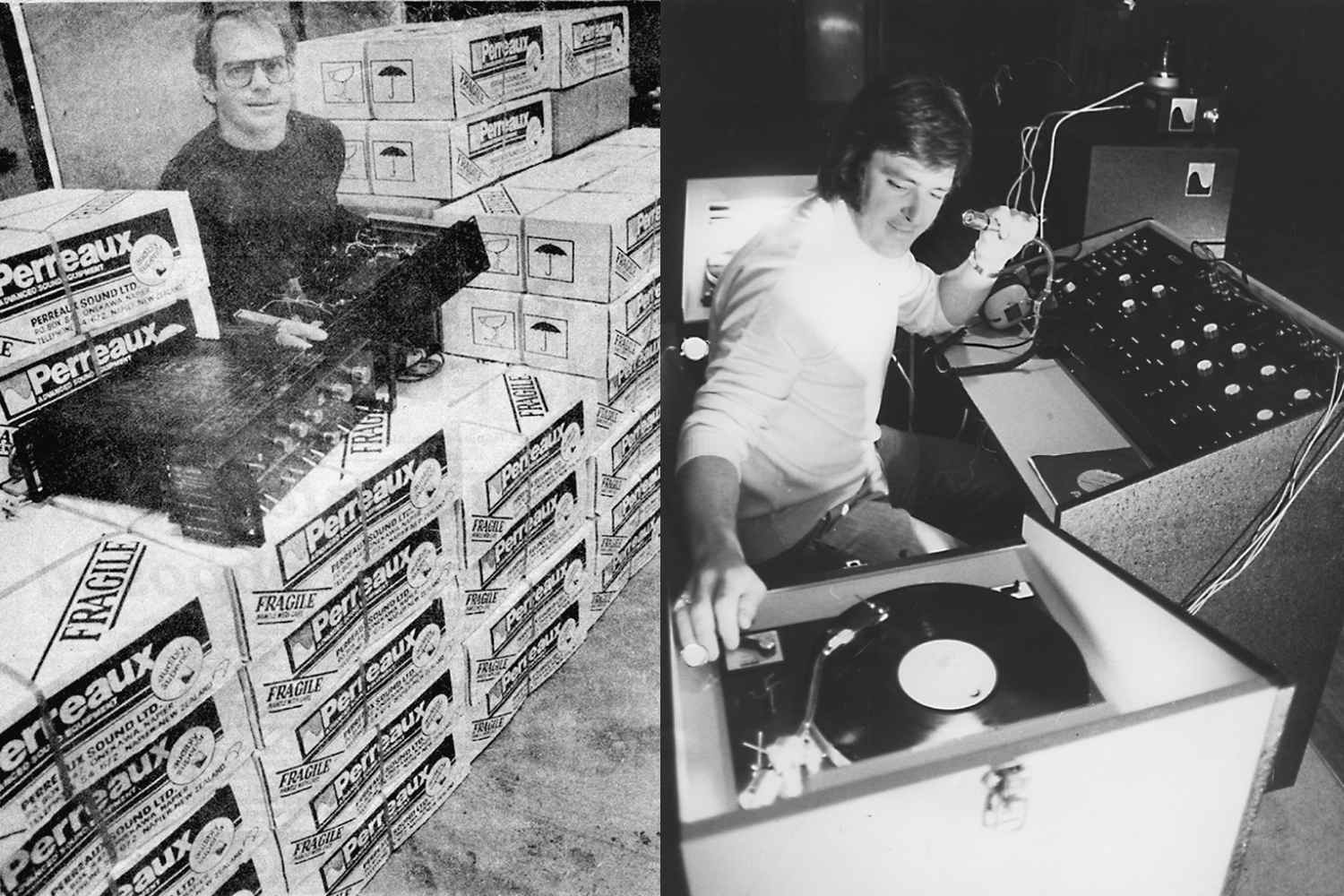Words by Andy Lloyd-Russell
Who doesn’t love a classic underdog story, an unexpected rising of a star
If there was ever such a story to be told from within the upper echelons of the professional Hi-Fi and pro audio industries, it would have to be the story of Perreaux.
For those unfamiliar, Perreaux is one of the world’s leading handcrafted preamplifier, power amplifier, and loudspeaker manufacturers, but unlike the majority of other world class manufacturers who typically operate and build their products in Europe, North America, and parts of Asia, Perreaux are owned and operated in a rather more remote corner of the globe.
Read all the latest features, columns and more here.
Humble beginnings
Founded by Peter Perreaux in the town of Napier, New Zealand in 1974, Perreaux has always prided itself on producing the most meticulously designed and manufactured audio equipment. Starting with the now legendary GS 2002 integrated Class A transistor Hi-Fi amplifier, Perreaux’s no compromise approach speaks directly to the company’s success and longevity.
The magical combination of hand-built quality, carefully selected parts, rigorous testing, and a healthy dose of kiwi ingenuity captured the attention of big wigs in both the audiophile and pro audio communities, with this little known audio company from down under quickly setting the standard for power, performance, and personality.
To set the scene, 1970s New Zealand was rather quiet, remote and, well, pretty darn quiet. With virtually all manufacturing of goods done domestically, for the domestic market, New Zealand had very little importing of goods. The chances of securing exporting deals at the time were challenging to say the least, so those starting a business on home soil were confronted with the stark reality of manufacturing in a small country in a remote corner of the globe.
But for Peter Perreaux, it seemed only a $1,000 investment was all he needed to get started.
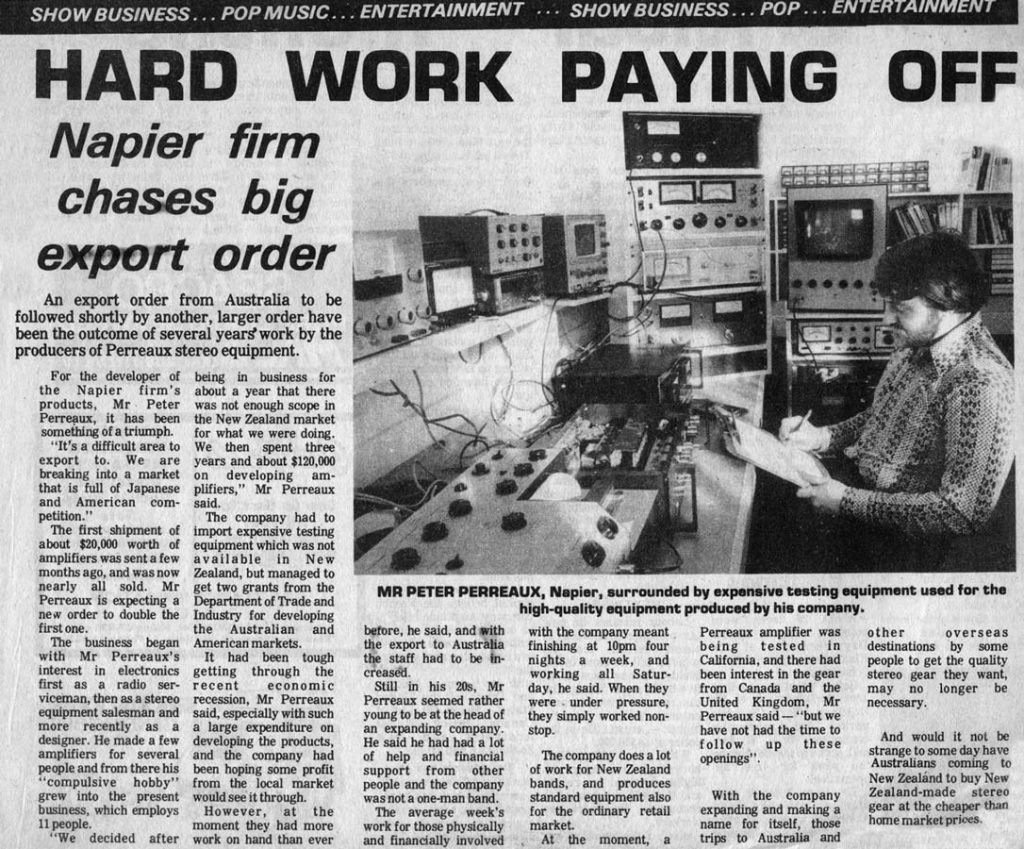
export success
After introducing several successful products in the mid 1970s such as the aforementioned GS 2002 integrated preamplifier, the 4004A – a dual output mono/stereo switchable 40W integrated amplifier, and the 2100 EXR / 2200 EXR / SP 100 – separate power amps and control consoles, Perreaux managed to secure grants to develop exporting to Australia and the Americas.
What became abundantly clear about Perreaux early on was the fastidious design and quality of their products. Through the 1980s, Perreaux was considered the only pro audio manufacturer to not only handpick components (such as their transistors) but to also mill, bevel, and etch all their own metal work. This gave them a distinct and authentically “hand crafted” edge over their numerous competitors.
Perreaux’s unparalleled high quality components selection from their handpicked transistors through to their high conductivity 24 karat circuit boards, it was evident that Peter Pereraux was never going to settle for designing and building anything less than a platinum product, in the truest sense of the word. And it is with this in mind that Perreaux products earned its comparisons to well-known German automobiles – sleek, and meticulously constructed and engineered.
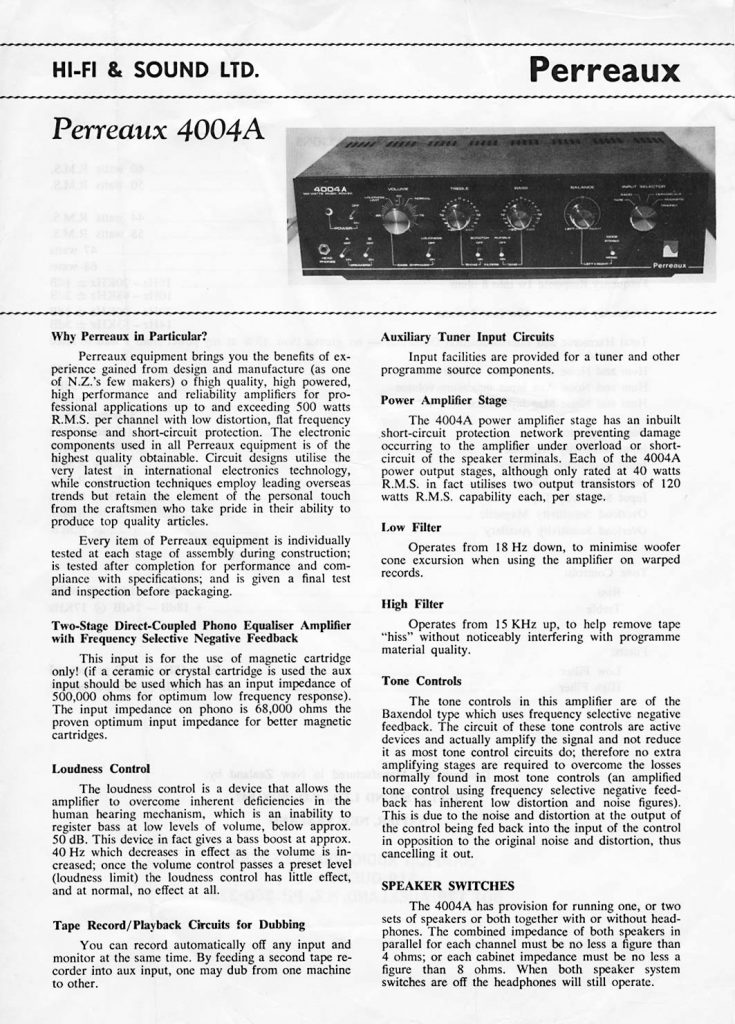
Decades of world-renowned reputation
Having started from an impressive yet humble 22W per channel Hi-Fi amplifier, for decades after Perreaux has designed and hand-built countless other world-renowned audio products. Throughout the later half of the ’70s Perreaux introduced their first horn-loaded sound reinforcement systems and the impressive SA80B power amplifier, released in 1979.
Perreaux never being one to shy away from new technology, the SA80B was an early Perreaux product to incorporate MOSFET technology, which they had imported from Japan. This allowed their designs to benefit by combining the sound quality of valve/tube based designs with the efficiency and compactness of solid state transistor designs. The SA80B became a main export product for the company.
Into the 1980s, products such as Model II preamplifier were introduced, as well as the immensely powerful 8000B two-channel power amplifier which was introduced in 1982 – often found powering monitor speakers in recording studios, providing a monolithic 500W per side.
Other iconic products included the PMF2150B power amplifier, the cherished SM2 Class-A preamplifier, as well as the sleek Silhouette SX1 Hi-Fi amplifier (1985). Lastly, the SM3 preamplifier, TU3 tuner, and PMF 3150 power amplifier were a dominant trifecta in the mid to late ’80s.
While the designs and aesthetics of Perreaux were quintessentially classic for the ’70s and ’80s, they made bold strides into the 1990s with the iconic SM6 “Dog bone” preamplifier. Very much the Rolls Royce of the Hi-Fi world, the SM6 was equally visually striking as it was musical sounding, with matching 200, 350, and 6150 “Dog bone” power amplifiers, it was a series that held its own throughout the decade and into the 2000s. The SM6P “winged” design with matching 250p and 350p power amplifiers provided a more modest aesthetic to the range, while being immensely popular too.
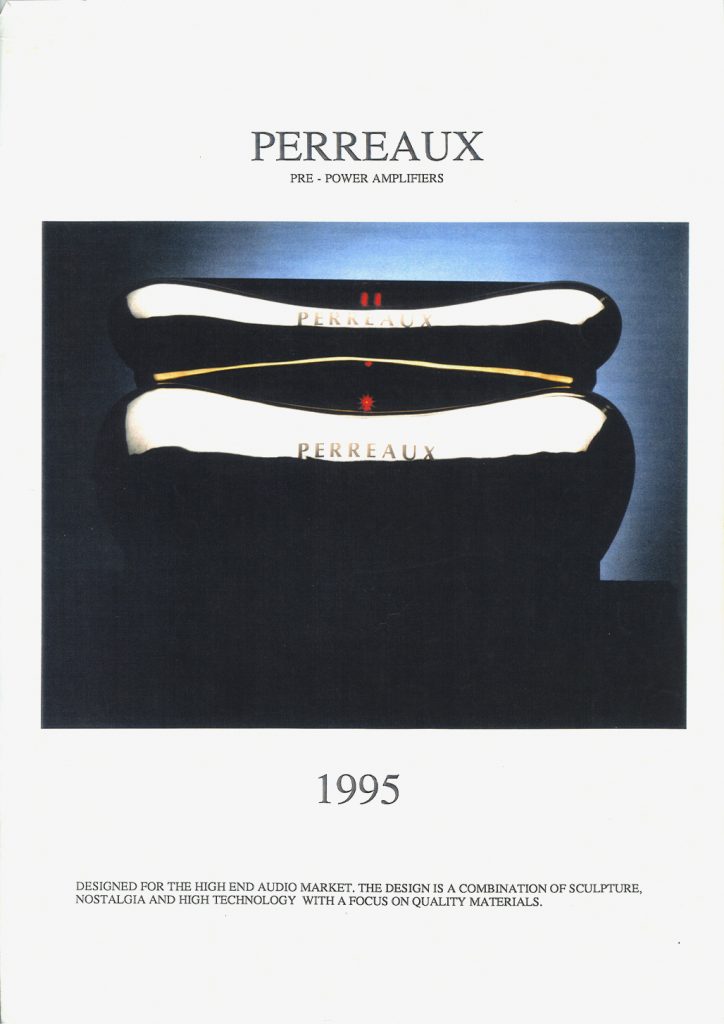
the modern era
The Perreaux of today indeed stays true to its rich and renowned history and reputation of being one of the most scrupulous audio designers and manufacturers. Its diverse yet concentrated range of current products includes six preamplifier/power amplifiers, with the SM6 MKII preamplifier being at the forefront of the catalogue, but also includes a mammoth 750W mono block power amplifier, with customizable colors being the name of the game.
The three integrated amplifiers range from 80W through to a whopping 300W and the two floor standing speakers (being 2-way and 3-way models) offer pristine sound reproduction as well as a wildly customizable color palette.
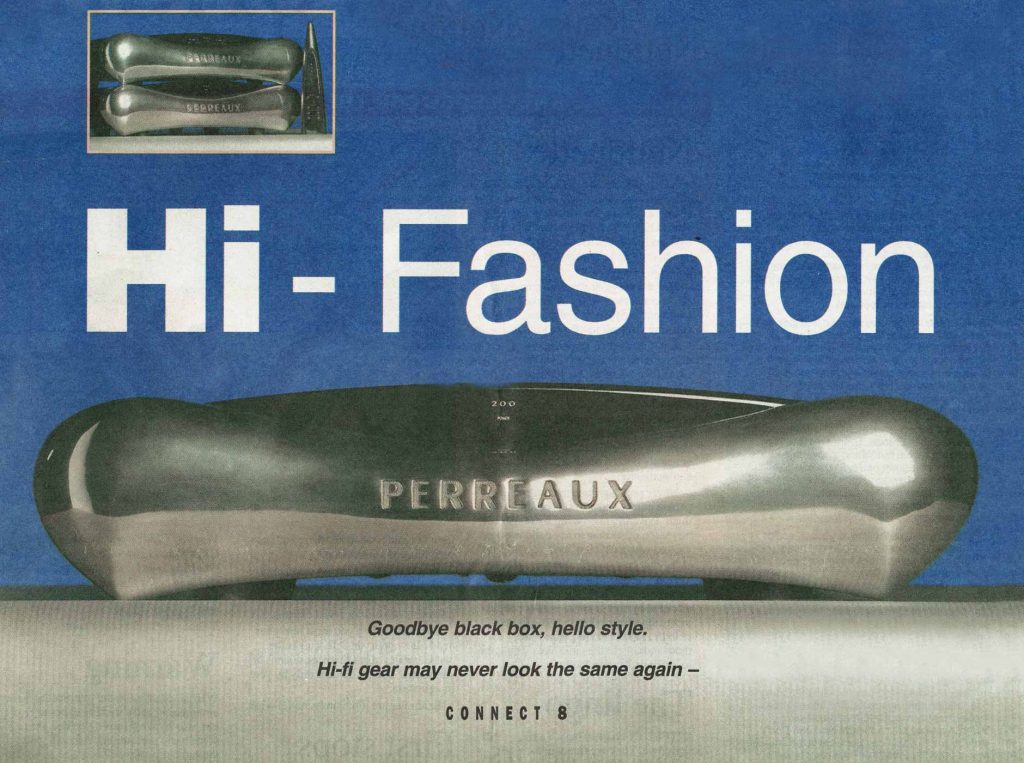
With such a rich history and a story that went against all the odds, this now prestigious audio company from Napier, New Zealand has well and truly earned their spot among some of the biggest names in the business.
Having risen to successfully exporting to overseas markets in an otherwise domestically dominated manufacturing environment in the 1970s, is a testament to the quality of Perreaux’s products, as well as a profound understanding of the fiercely competitive markets in which they have very much established themselves apart. of.
It would seem that hand-crafted in New Zealand really does hold its own.
Head to Perreaux for more information. For local inquiries on Perreaux products, reach out to Sound and Music.
